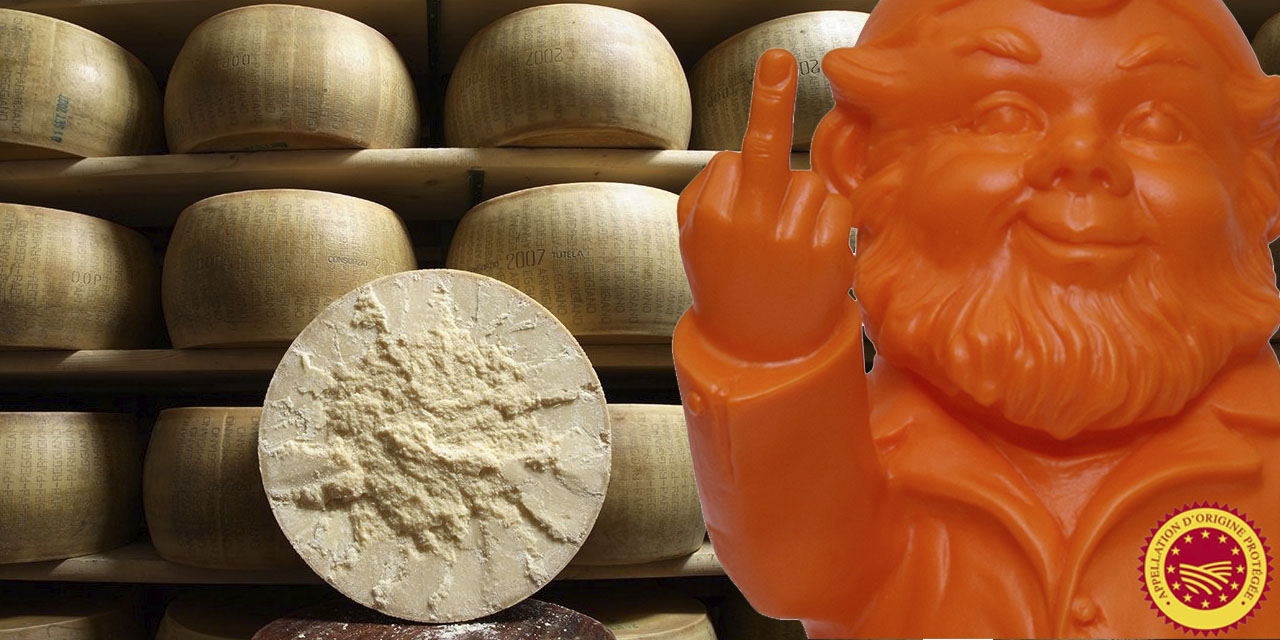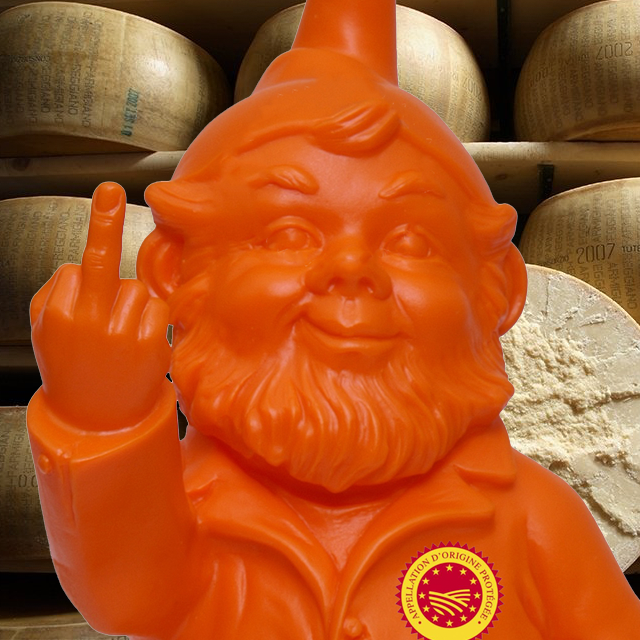

Branding Panic
Why countries are moving to protect their brands and why you should too
Brand name is everything
To say brand name is important is an understatement. In fact, if what you sell can be easily reproduced by others, then brand name should mean literally everything to you. Actually, even if what you sell isn’t easily reproducible, brand name should mean everything to you.
In today’s globalized world, brand identity has become more important than ever. With the ability to produce once very regionally specific goods anywhere across the world, the ability to sell hinges on brand recognition.
Countries are paying attention
On April of 2019, the EU and China signed a deal to protect the names of over 100 food products from their respective regions. Known as geographical indicators (GI), these labels seek to protect local producers from the intrusion of external, often industrially scaled, producers in the market. For example, for a cheese product to be called Parmesan, it must come from the Parma-Bologna region of Italy. Everything else must, in turn, be labelled “Parmesan-style” cheese.
This has made a lot of big food producers unhappy, and for good reason. Customers have become more informed and selective of the products they buy and have shown, time and again, that they are willing to pay top dollar for products they view as authentic. This means they are unlikely to gravitate towards the Kraft Foods imitation parmesan.
Cut through the noise
While the EU and China’s decision to enforce GI’s has a definite political and cultural angle, it is first and foremost a business decision.
In the age where the corporate tech mammoths can decide to go into any industry at the push of a finger, being competitive simply doesn’t cut it anymore. However, though you’ll never be able to compete with their production costs, you still have a winning chance in the race for the most recognized brand.
The logic of this move goes far beyond the world of fine gourmet foods and can be applied to many other markets (yes, that include yours). Truth is, unless you are a multinational corporation with a capacity to produce the most basic goods at massive scales, you need to hold on to your brand like it is a new born baby. While these companies have the means to drive down their prices like you never could, they don’t have a unique brand.
Brand name is what ensures the traceability and/or reliability of a good – whether that is years of cultural heritage, or simply, a very dedicated team. In other words, in something as small as a name, you can convey the entire brand’s story. Remember, it’s the consumer choosing the brand not the other way around.
Protecting your brand name
So how do you protect your brand name? Be consistent. We cannot stress this enough. Consistency allows your brand to function as single entity, and to focus the consumer’s attention towards it. Unified visual and vocal output are a good start, but consistency has to extend to your brand’s behaviour as well. It has to be built from the inside out. That means your values and legacy should influence your brand name, not the other way around. This is how you will understand and communicate your brand’s meaning in a clear, and most importantly, honest way. Not only does this not cost any money, but it will also have a tremendously positive effect on your brand name’s protection and recognition!
So, let’s face it, your brand name is your last line of defence against the rapid expansionism of industrial players, it is the beacon that guides your customers back to you every time, that makes them pick you despite it being less convenient and harder on their wallets. Brand is power, use it well.


